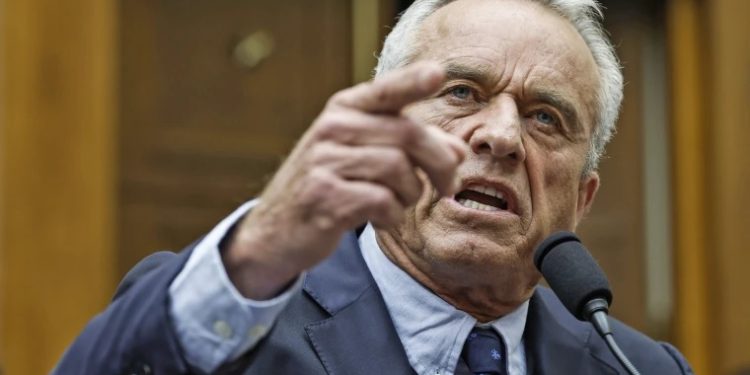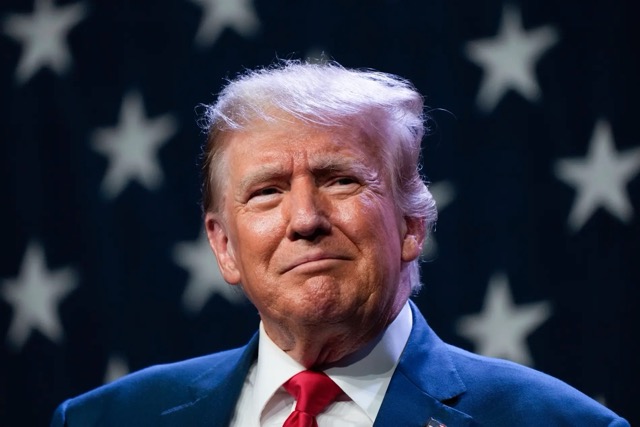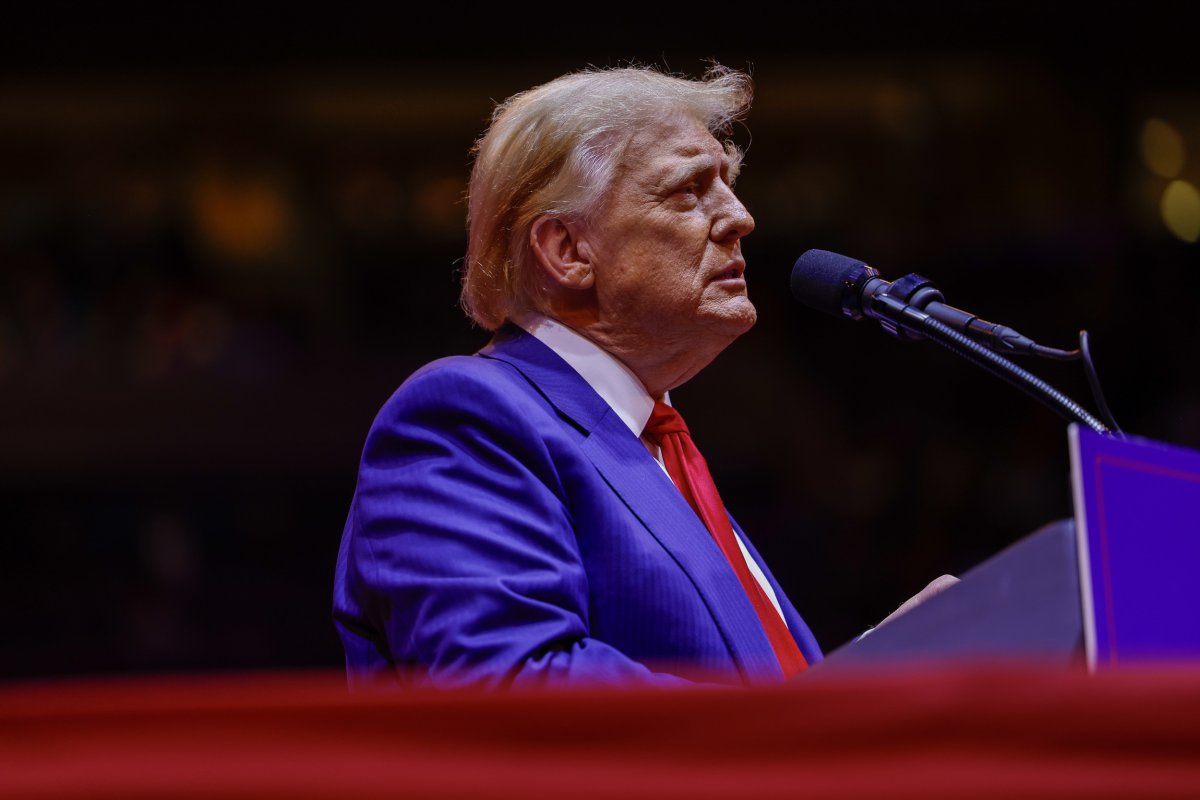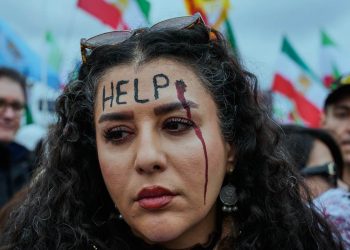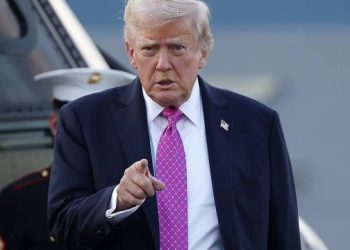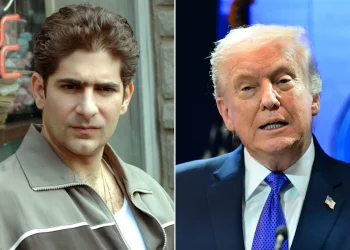After months of lobbying, Robert F. Kennedy, Jr. finally secured Secret Service protection as a presidential candidate. However, following his suspension of the campaign and his endorsement of Trump, the Secret Service will be withdrawing that protection.
The agency has ended its protection for Kennedy after he suspended his presidential campaign. Last month, President Biden, 81, had directed the Secret Service to provide protection for Kennedy, 70, following the failed assassination attempt against former President Donald Trump, 78.
Kennedy had campaigned both publicly and privately for months, highlighting various security concerns and hinting that political motives were behind the delay in receiving protection.
“If there’s one guy in the United States right now who needs a good security detail at least as much as former President Trump, it’s Robert F. Kennedy Jr. – he has been the recipient of threats before this, and after he endorsed Donald Trump, we can expect the threats to multiply like rabbits.”
At one point, Kennedy’s legal team claimed to have evidence of 34 instances of threats or troubling messages directed at him, according to a Newsweek report. Kennedy’s uncle, President John F. Kennedy, and father, Bobby Kennedy, were both assassinated in the 1960s.
On Friday, RFK Jr., who was once an independent presidential contender, announced that he was “suspending” but not “terminating” his White House bid. The environmental lawyer revealed plans to withdraw his name from the ballot in about 10 battleground states, while endorsing Trump and joining him at a rally in Arizona.
Though major-party presidential candidates typically receive Secret Service protection, it is often scaled back or withdrawn if the candidate drops out. In RFK Jr.’s case, this situation is complicated because he has suspended but not ended his campaign. While his name will be removed from the ballot in swing states, it will remain on ballots in up to 40 states, allowing people in non-swing states to still vote for him as president.
 Telegram is where we really talk. Don't miss out!
Telegram is where we really talk. Don't miss out!

